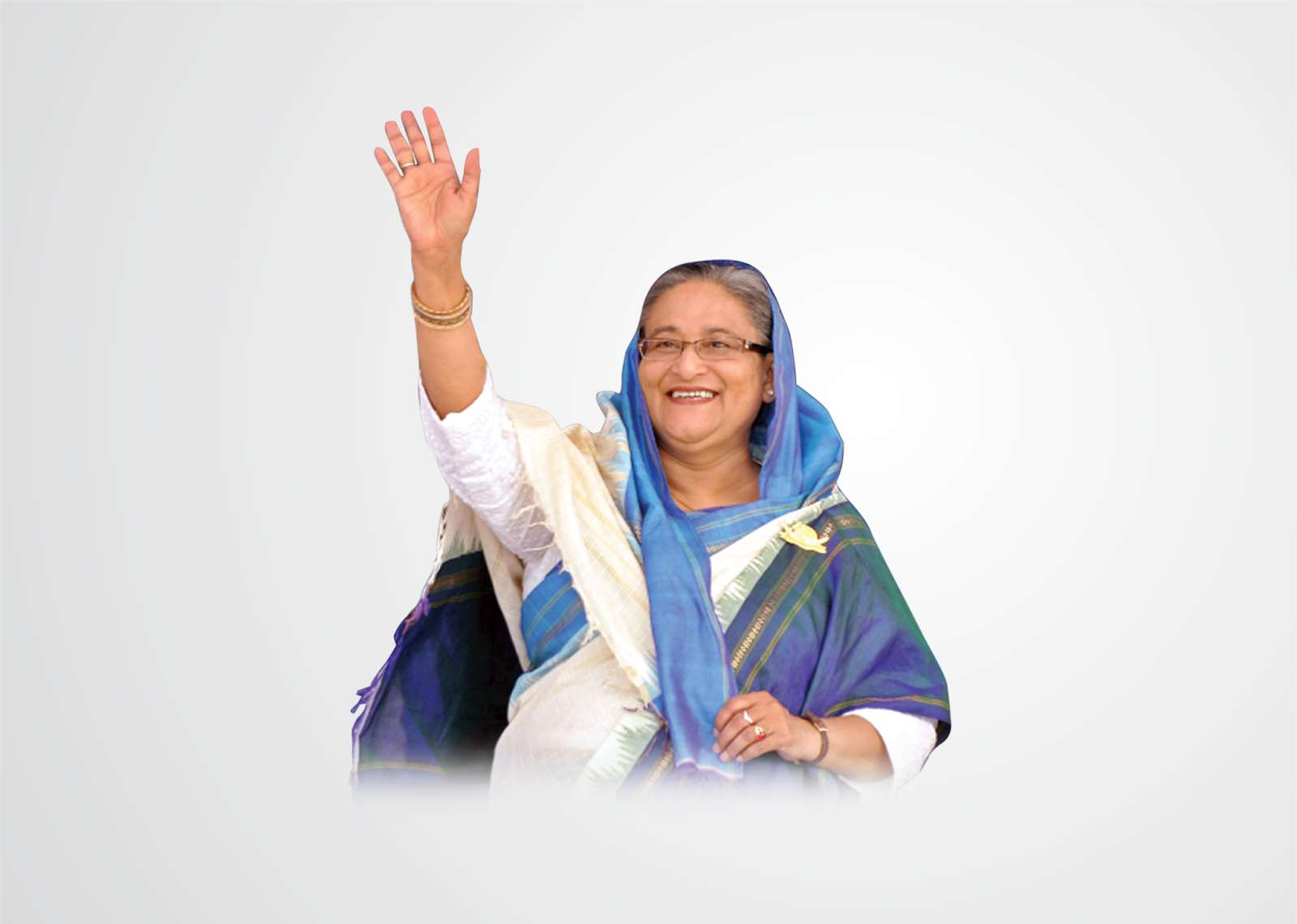Ousted Bangladeshi PM Sheikh Hasina made a request to come to India “at very short notice,” according to Indian Foreign Minister S. Jaishankar. Ms. Hasina fled to India on Monday evening after a political crisis toppled her government.
Key Points:
- Foreign Minister’s Statement: S. Jaishankar did not specify how long Ms. Hasina would stay or her next steps. He mentioned that India had been in regular contact with Dhaka authorities over the past 24 hours.
- Resignation and Protests: Ms. Hasina resigned on Monday following weeks of deadly anti-government protests. The Bangladeshi army chief has promised an interim government and new elections.
- India-Bangladesh Relations: India shares a 4,096 km (2,545 miles) border with Bangladesh and has close economic and cultural ties. Prolonged tensions in Bangladesh could impact India, which has supported Ms. Hasina during her 15-year tenure despite her crackdown on dissent and opposition leaders.
India’s Response:
- Troop Deployment: On Monday, India deployed additional troops along its border with Bangladesh.
- Monitoring the Situation: Mr. Jaishankar stated that the situation is “still evolving” and that the government is in “close and continuous touch with the Indian community” through its diplomatic missions. There are 19,000 Indians, including 9,000 students, in Bangladesh, most of whom returned to India in July.
- Minority Protection: India is monitoring the status of minorities in Bangladesh. Mr. Jaishankar welcomed initiatives to ensure their protection but expressed concern until law and order are restored.
Political and Security Implications:
- Briefing Opposition Parties: Mr. Jaishankar briefed opposition parties on India’s response to the developments in Bangladesh. Prime Minister Narendra Modi also held a meeting on Monday to review the situation.
- Border Security: Five Indian states share a border with Bangladesh, which was formed in 1971 after a war with Pakistan. According to government data from last November, around 915.35 km of the border is not fenced.
- Peaceful Tenure: From a security perspective, Ms. Hasina’s tenure was relatively peaceful for India as she cracked down on anti-India militants and granted transit rights to secure trade routes for states bordering Bangladesh.
Current Measures:
- BSF Review: On Monday, top officials of India’s Border Security Force (BSF) visited the Bangladesh border in West Bengal to review “operational preparedness and strategic deployment.” The BSF has strict instructions to not allow anyone into the country without valid documents.
- Suspended Train Services: Train services between India and Bangladesh have been suspended “indefinitely” since mid-July due to violent protests in Bangladesh.
- Night Curfew: Following Ms. Hasina’s resignation, Meghalaya imposed a night curfew along its border with Bangladesh. In West Bengal, Chief Minister Mamata Banerjee appealed for peace.
Conclusion:
The political crisis in Bangladesh has led to significant developments, including the resignation of Prime Minister Sheikh Hasina and her subsequent request for refuge in India. India’s response has been swift, with increased border security and continuous monitoring of the situation. The Indian government remains in close contact with its community in Bangladesh and is taking measures to ensure the safety and well-being of minorities. As the situation continues to evolve, India is prepared to support stability and peace in the region, reflecting its strong economic and cultural ties with Bangladesh. The coming days will be crucial in determining the future political landscape of Bangladesh and its impact on regional security.

